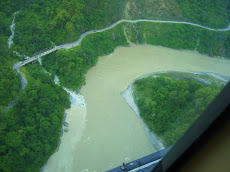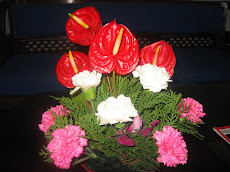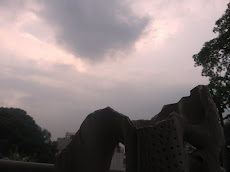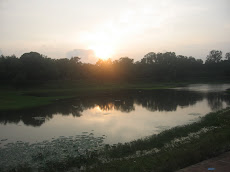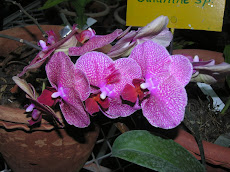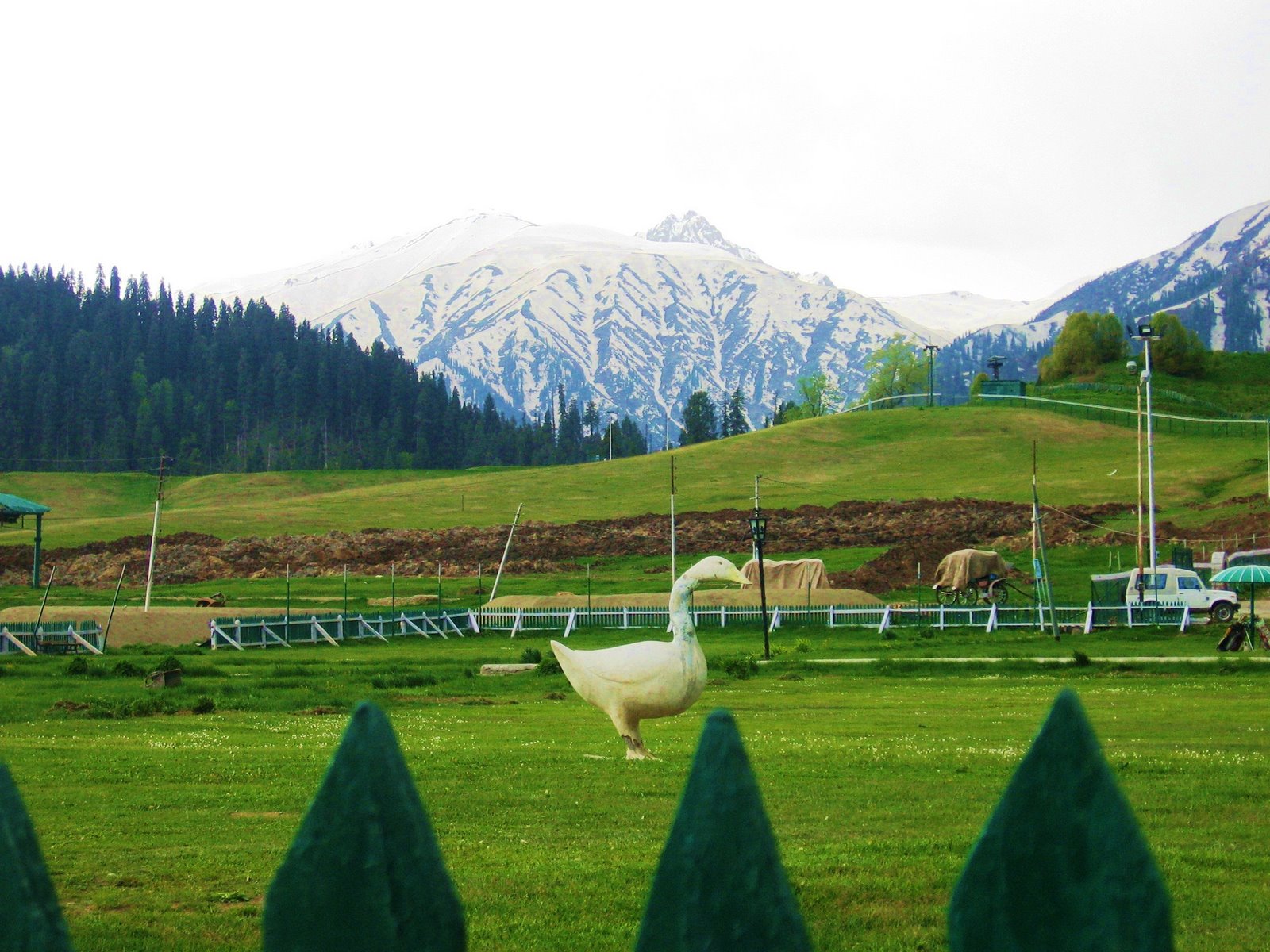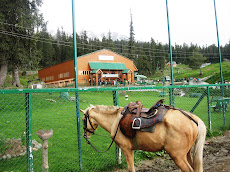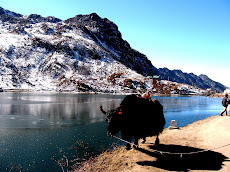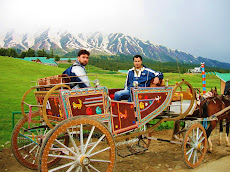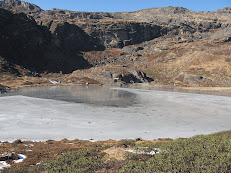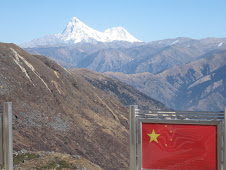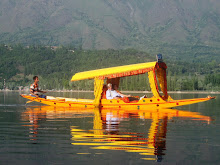Wednesday, April 1, 2015
Lee Kuan Yew: The Father of Singapore
Lee Kuan Yew, the
maker of Singapore and its longest serving PM for more than thirty years died
at Singapore General Hospital at the age of 92 on 23rd March 2015. The world renowned founding PM is survived by
two sons, including Lee Hsien Loong, the present P.M., a daughter, two
daughter- in-laws, seven grand children and two siblings.
His lasting legacy was a multi-racial
nation, having a non-descript area of 716 Sq.kms which got fully developed merely
within a decade of getting independence from the British in 1956. The city
nation had nothing, no natural resource worth its name, but thanks to this
visionary Statesman, managed to utilise the available man power to get basic
raw materials from outside and convert or repackage those into value added export
items for the overall benefit of the country. To name a few, crude oil,
drinking water, mineral products, tapping of man-made tourism potential etc. figured
prominently and gave requisite support in bolstering a struggling economy. In
no time, its points of interest, namely, Sentosa Island, Universal Studios,
Night Zoo, Singapore Flyer, Jurong Bird Park, Little India, Universities, Hospitals, Conference Centres etc. went on to leave an impact.
By his hard work and persistent
efforts, Lee made a mark everywhere and became a source of inspiration to many
leaders of the developing world. It was evident from the presence of a galaxy
of them, when his last rites were performed. P.M. Modi, who called him “a Lion among
leaders” represented India. While the US President Obama declared him a visionary
leader and a true giant, Ban Ki-Moon, the U.N. Secretary General adjudged him
as a legendary figure of Asia.
Lee’s views and perspectives on
economic management were respected by many all over the globe and the world
leaders would often seek his guidance on governance and growth. He was also
considered a great strategist of Asian affairs, according to the current US
President. His understanding and grip of economic and political integration was
marvellous, so much so that even the Indians born or settled in Singapore would
normally not divulge their Indian connection to begin with and would call
themselves Singaporean first. Same has
been personally experienced by this author during an official visit to
Singapore in May-June 2006.
The practice of having an Indian as President and a Chinese as P.M. has continued for more than four decades. Similar is the unflinching loyalty of the Chinese and the Malaysians to this great island country of South East Asia. No wonder, its economy has thrived beyond imagination making it as one of the most prosperous countries. An average Singaporean continues to be candid, pragmatist and free from the usual menace of corruption or religious intolerance.
The practice of having an Indian as President and a Chinese as P.M. has continued for more than four decades. Similar is the unflinching loyalty of the Chinese and the Malaysians to this great island country of South East Asia. No wonder, its economy has thrived beyond imagination making it as one of the most prosperous countries. An average Singaporean continues to be candid, pragmatist and free from the usual menace of corruption or religious intolerance.
Somebody has rightly said – “When
Lee became P.M. in 1959,Singapore was a newly independent nation with an
uncertain future. By the time, he demitted office after 31 years the Island
nation had been transformed. ”
Singapore is probably Asia’s
smallest country but having Institutions with extremely solid foundations. What Lee achieved could be termed as an
economic miracle which got transformed into a clean and green Oasis. He was focused from the day one with a clear
mind or intention resulting into the mammoth growth of per capita GDP from $
14,000/- to $ 55,000/- at present.
Even though the new country was
eased out of the Malaysian Federation in 1965, it is due to Lee’s noble
intensions, high degree of sincerity and dedicated approach that he could
manage to get blessing and support of one and all, probably instrumental in
ensuring his long life of 91 years.
Though its neighbours, such as,
China, Indonesia, Philipines & Burma led by Mao-Tse-Tung, Suharto, Marcos
and Ne Win respectively (who demitted office with hardly any capable successor)
were apparently hostile, it began with caution and care and soon inculcated the
art of exporting high- end goods to the advanced countries. So to say, emphasis
was laid on encouraging both savings and investments in the formative years,
keeping inflation under control while ensuring low taxes and the currency as
stable as possible. Side by side, quality education, health care and basic
social benefits to the diverse ethnic groups were not ignored or undermined.
Way back in 1959, by putting his
heart and soul together, Lee is reported to have identified priorities or
indomitable tasks, such as, housing the shattered citizens (Chinese, Malaysians
and Indians), building minimum infrastructure, growth of English as a common
link language, passion for planting trees and lifting an economy shaken by a tension
generating recession. Common man was called upon to have a strong heart and not
to fear anything while performing tasks/duties.
A new country was, therefore, built brick by brick out of mud flats in a
terrain, which was once a swamp. On the
political side, Lee’s People’s Action Party unleashed a struggle for the self
Government upon being thrust independence on 9th August 1965.
It could be stated that Lee could
manage his country well, while not being affected by the Leftist ideology
either of Mao or Russia or India kind and he maintained a safe distance from
western style democracy, at the same time.
It is an irony, however, that a strong Chinese leader of post –Mao era,
by the name of Deng-Xiao-Ping became an admirer of Lee.
Though Lee accomplished a great
deal in a relatively short period, according to some economic and political
thinkers, creativity, free expression and political dissidence were not
encouraged in Singapore. Both Communists
and Communalists are reported to have suffered a setback whenever they made an
attempt to raise their voice. In the
recent years, especially ever since his son, Lee Hsien Loong has been at the
helm of affairs, the total share of ruling party in popular votes has been
recording a decline. But a counter
argument may be – such a trend could be witnessed in any country or political
system, irrespective of size.
All said and done, in the words
of David Cameroon, the P.M. of U.K. “Singapore has been a great success story
of modern world. It is prosperous, secure
and successful.”
With the cremation of Lee on 29.3.15 at Mandai
Crematorium, an important era has come to a sad end. His impact was so much that thousands of
people began rushing to his ancestral home in Guangzhou province in China to
get an idea of his childhood days getting evolved into a grass root level individual,
ultimately being instrumental in laying the strong foundations of institutions,
having a potential to last for centuries. It is something which could be or needs
to be replicated among the people who still believe in ”Where there is a will,
there is a way”. The Singapore growth model, being sustainable, is worth
emulating.
Subscribe to:
Comments (Atom)


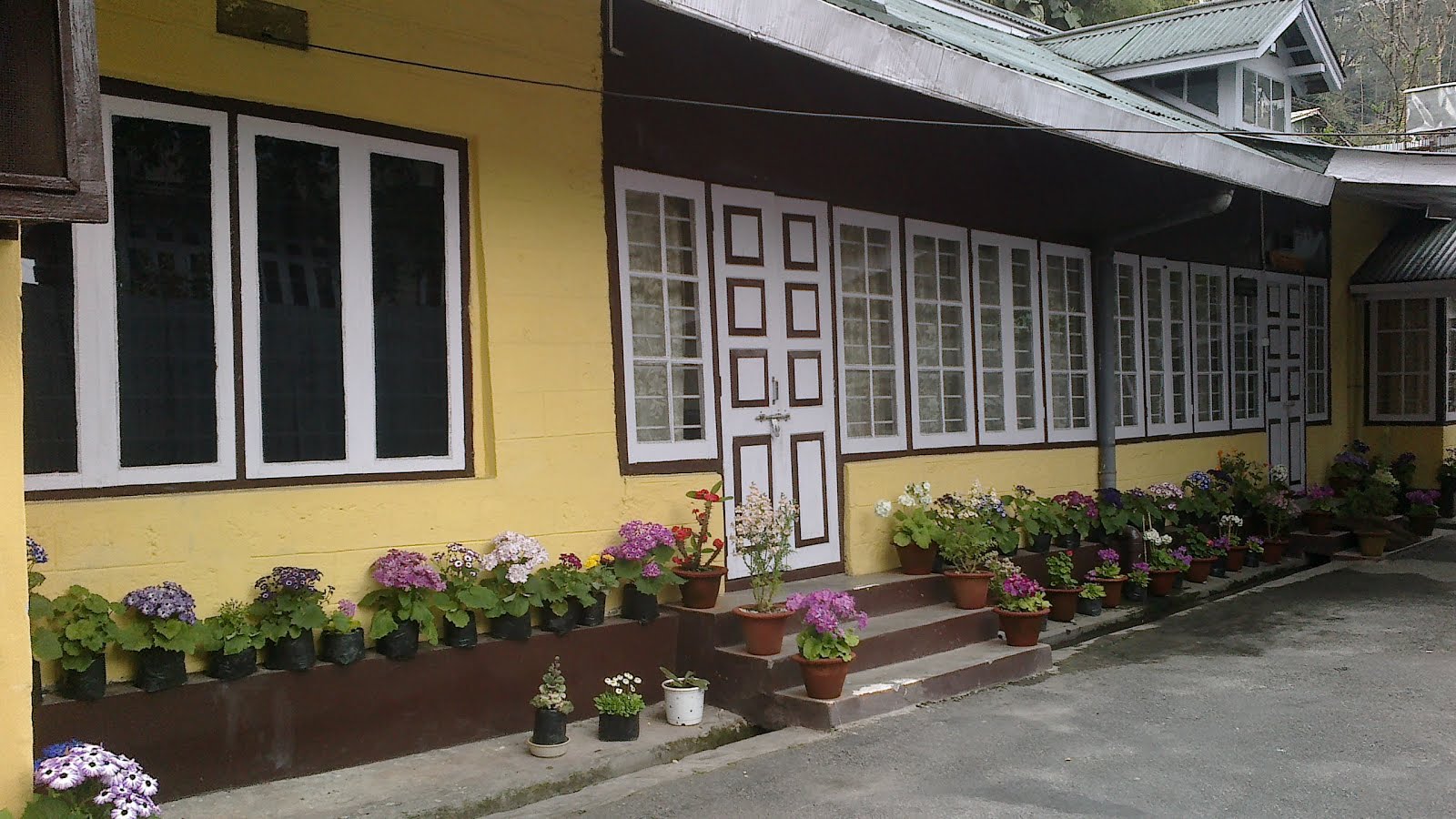







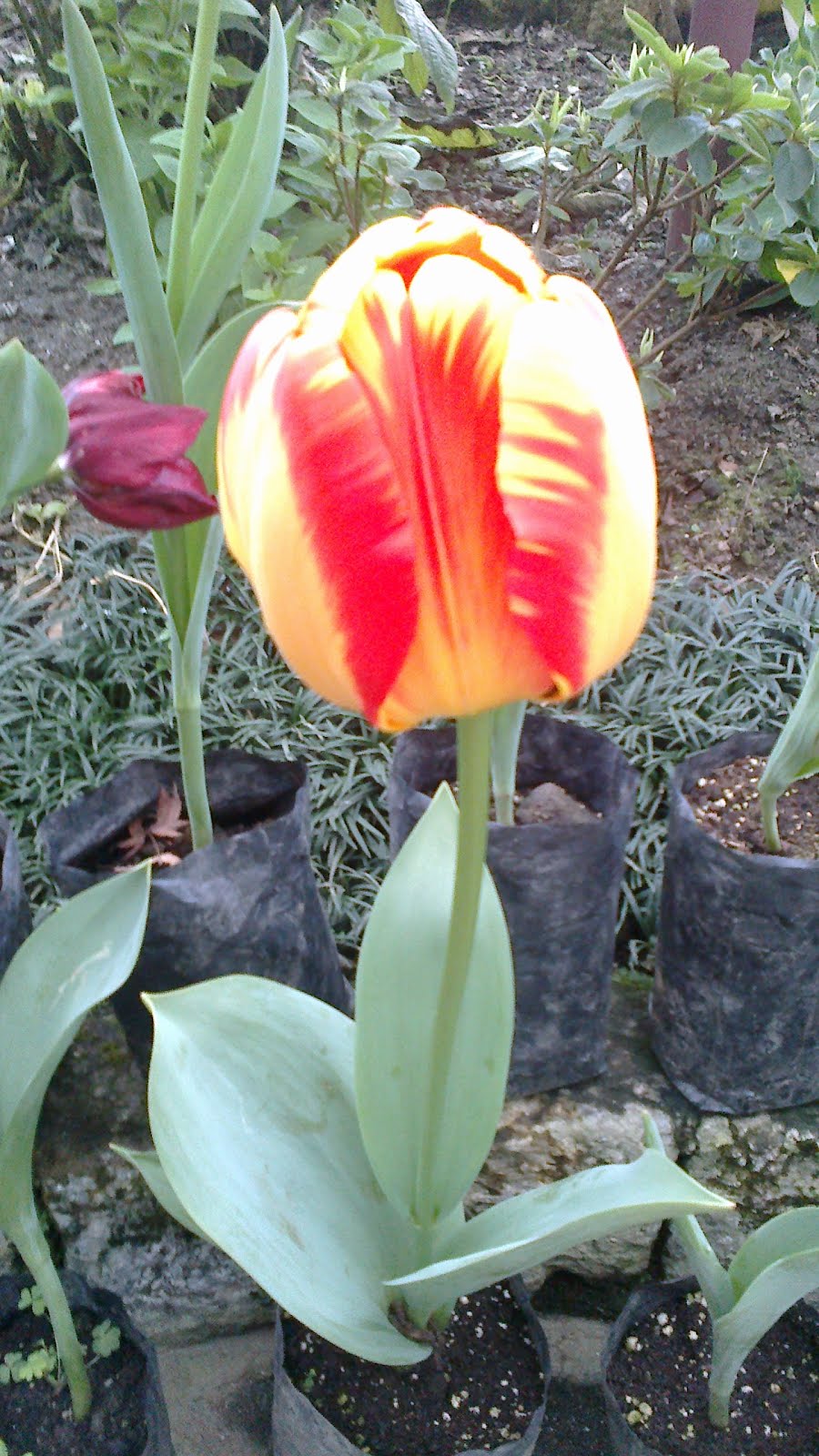
















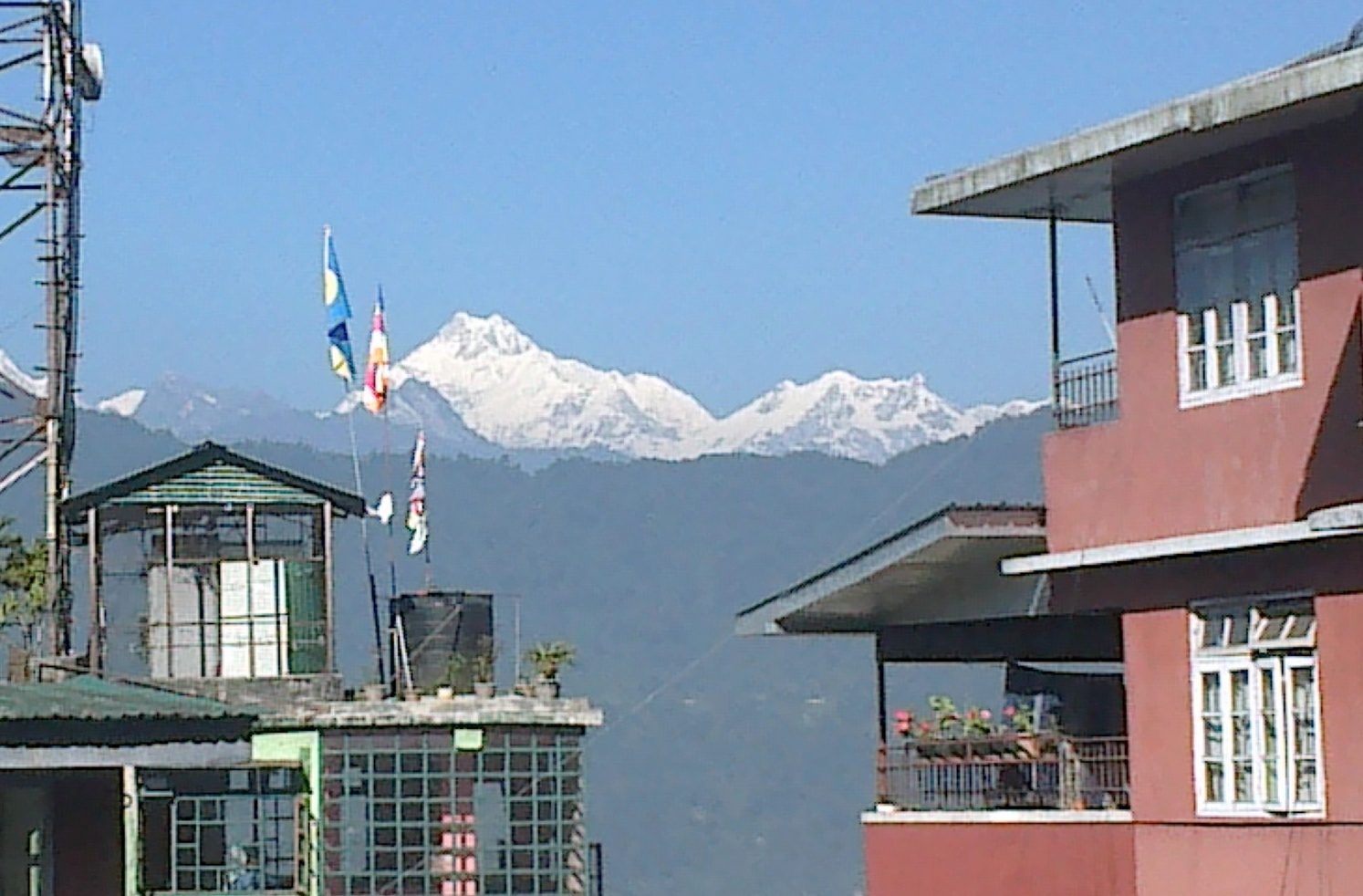









































































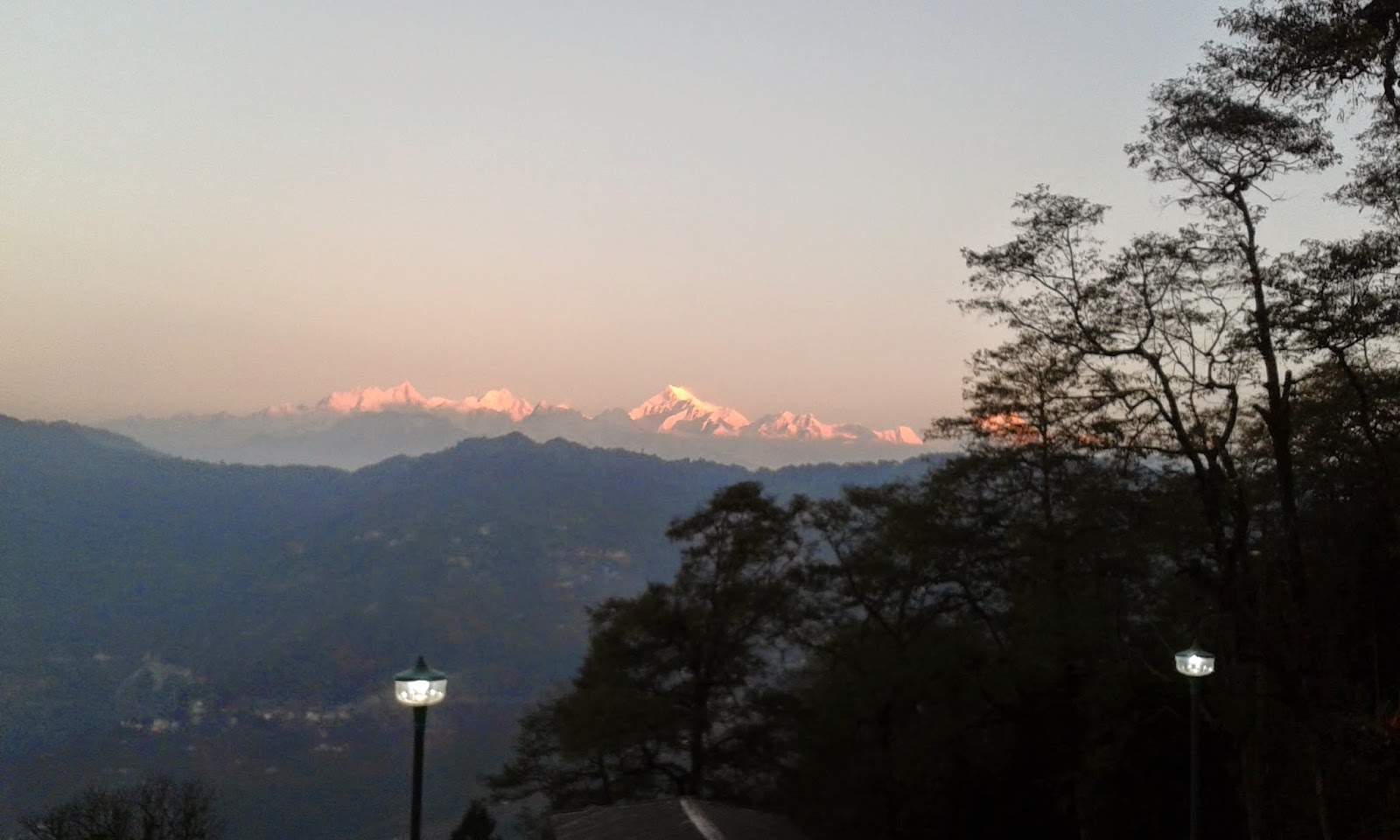













































































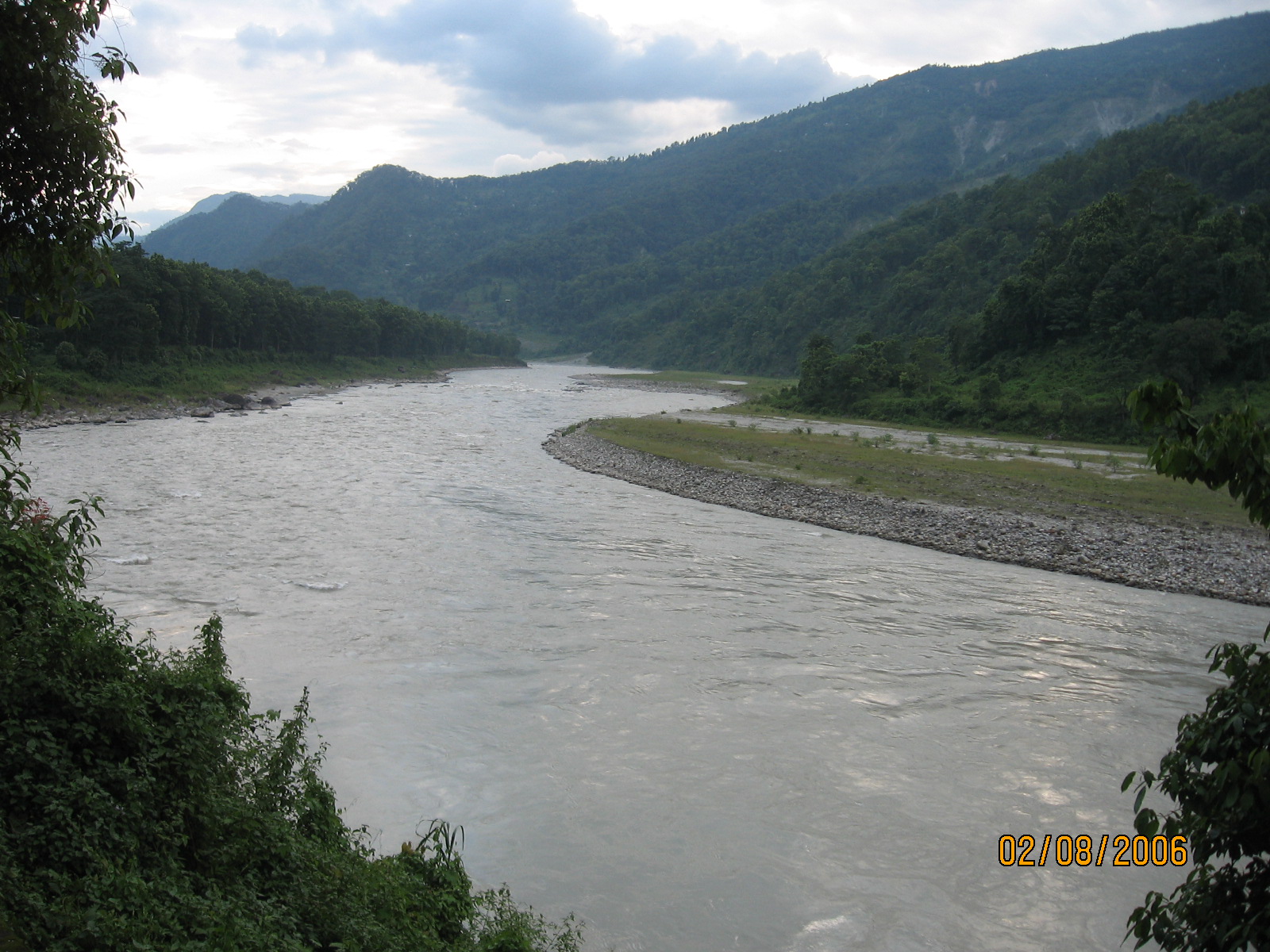


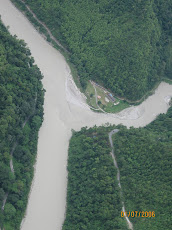
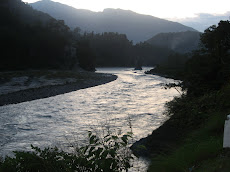
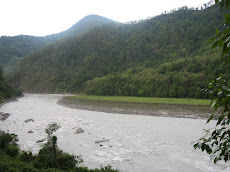
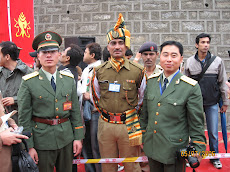
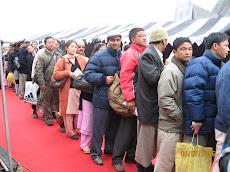
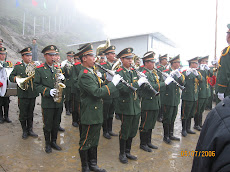


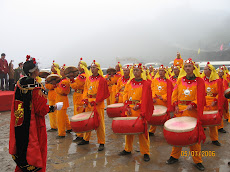
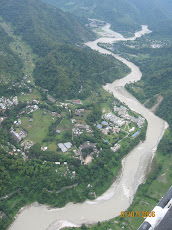




















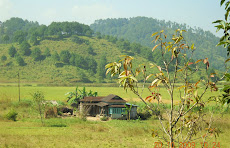
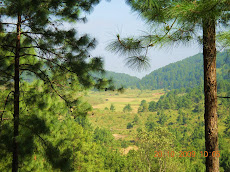








.jpg)








